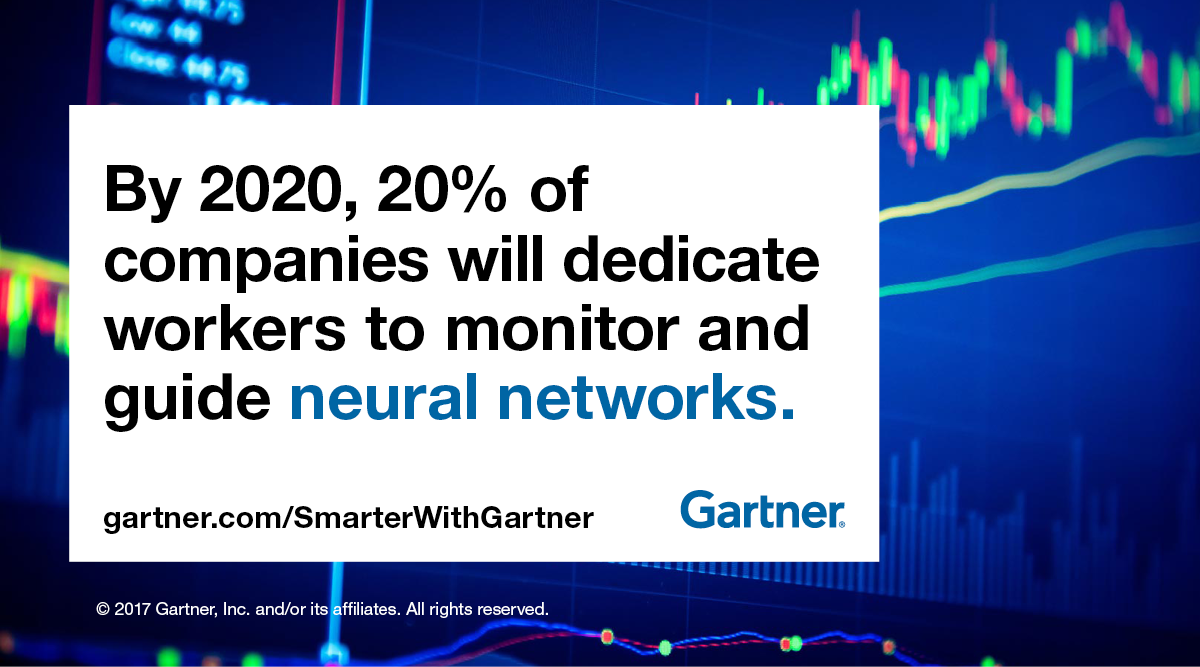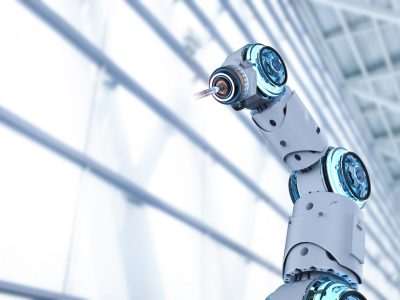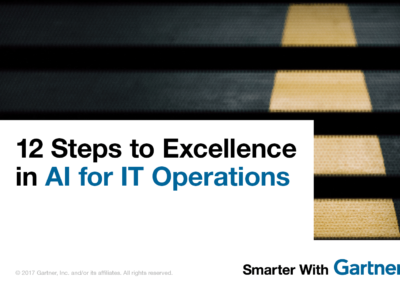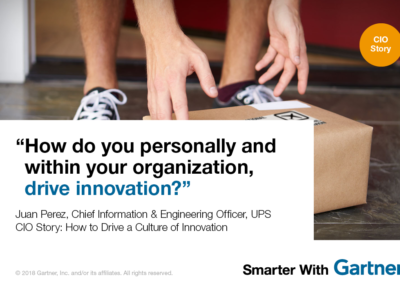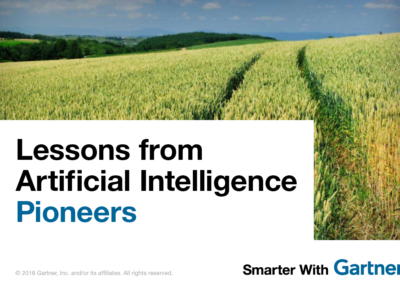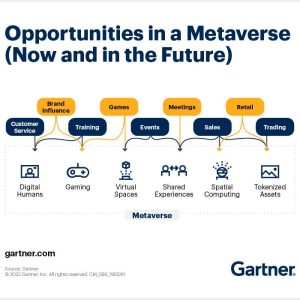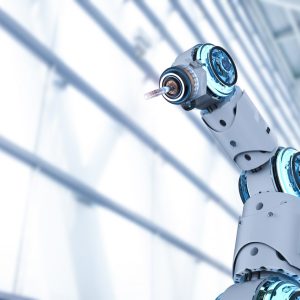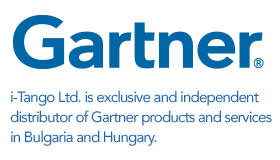CIOs should look to neural networks and niche vendors to lead the trends in artificial intelligence.
At some online publications, financial summaries and sports recaps are written by artificial intelligence (AI), not humans. In the medical field, thanks to “computer-assisted diagnosis,” a computer was able to spot 52% of breast cancers based on mammography scans up to one year before the women were officially diagnosed. In some organizations, AI decides which sales opportunities are worthy of a salesperson’s time.
Gartner client inquiry on topics closely related to AI tripled from 2015 to 2016. As organizations recognize the potential for AI to disrupt business, interest is growing rapidly.
Read More: Neural Networks and Modern BI Platforms Will Evolve Data and Analytics
“AI is changing the way in which organizations innovate and communicate their processes, products and services,” said Whit Andrews, vice president and distinguished analyst. “AI continues to drive change in how businesses and governments interact with customers and constituents. “
The 2017 Gartner predictions for AI explore how it will evolve in the enterprise and change industries.
By 2020, 20% of companies will dedicate workers to monitor and guide neural networks.
Neural networks require monitoring and maintenance. The idea that AI technologies can be delivered as finished products without further human investment is a recipe for failure. While older rule-based systems could be set up, configured and then ignored for a few years, neural networks need to be retrained whenever new data is available, which is essentially constant. In fact, neural networks only maintain value to the enterprise in an endless retraining and reinforcement loop. CIOs will need to make the business case to ensure the project is provided with necessary resources.
This will require new skills and a new way of thinking about problems. Those with backgrounds in design, data science and logic might be better prepared than programmers who tend to think in more structured approaches. Additionally, neural network responsibilities will be spread across departments and within many applications. CIOs must ensure that IT owns the strategy and the governance of selected platforms.
By 2019, startups will overtake Amazon, Google, IBM and Microsoft in driving the AI economy with disruptive business solutions.
Many AI startups are owned by former employees of large vendors who leave and form a company focused on AI in a specific industry, or academics who have discovered their discipline is suddenly lucrative and exciting. This means there are many packaged AI solutions that should be considered before an organization considers building a custom AI solution in-house. The packaged options require fewer resources and can be deployed faster.
Read More: Gartner’s Top 10 Strategic Technology Trends for 2017
Any industry with very large amounts of data — so much that humans can’t possibly analyze or understand it on their own — can utilize AI. Some, such as healthcare, are ripe for disruption. As the amount of available data increases, there will be few jobs requiring decisions in real time where humans will be able to match smart machines. This includes the breast cancer example, but also extends to decisions being made in marketing departments. However, there are limits to the powers of AI, and CIOs must aid in combining human thinking and machine analysis. For example, if there isn’t enough data available, or if the data is of poor quality in content or structure, smart machines won’t be able to make a reliable decision.
CIOs should evaluate business processes to identify where AI could be beneficial for each enterprise. Look specifically at underserved areas of the company that have very large amounts of data but lack access to analytics. These areas could benefit from the ability to augment and improve human decision making.
Get Smarter
Client Research
Gartner clients can read all of the artificial intelligence predictions in the full research report Predicts 2017: Artificial Intelligence. This research is part of the Gartner Special Report “Predicts 2017: Lead, Follow, or Get Out of the Way: A Gartner Trend Insight Report,” a collection of research that focuses on predictions that allow companies to plan strategically for both expected and unexpected change.
CIO Summit
CIOs can learn more at the Gartner CIO & IT Executive Summits 2017 taking place May 18-19 in Munich, Germany and June 6-8 in Toronto, Canada. Follow news and updates from the events on Twitter at #GartnerCIO.
CIO Leadership hub
Visit Gartner CIO hub for complimentary research and webinars.

